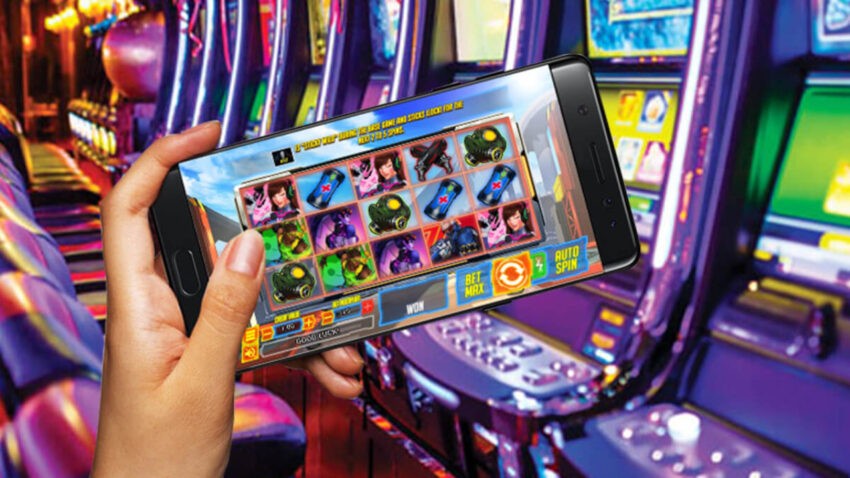The world of online games has evolved significantly over the past few decades, transforming from simple text-based adventures into fully immersive digital universes. Today, online gaming is a multi-billion-dollar industry that attracts millions of players worldwide frenchcookingboard.com. With technological advancements, changing player expectations, and new gaming models emerging, the future of online games promises to be even more exciting and diverse. In this article, we’ll explore the unique elements shaping the future of online gaming, including virtual reality, cross-platform gaming, and the rise of eSports.
1. The Rise of Virtual Reality (VR) and Augmented Reality (AR)
One of the most revolutionary trends in online gaming is the integration of Virtual Reality (VR) and Augmented Reality (AR). These technologies aim to push the boundaries of what’s possible in a gaming experience by allowing players to interact with the game world in a more immersive and physical way. VR headsets, like Oculus Rift and PlayStation VR, are already making waves by offering realistic, 360-degree environments where players can look around and move as though they’re truly inside the game.
AR, on the other hand, overlays digital elements into the real world, creating a hybrid experience. Pokémon GO is one of the most notable examples of AR in gaming, where players catch virtual creatures that appear in real-world locations via their mobile devices. As VR and AR technologies continue to advance, the lines between the physical and digital worlds in online gaming will blur even further, opening new possibilities for game developers and players alike.
2. Cross-Platform Gaming and a Unified Experience
Another unique trend shaping the future of online gaming is the shift toward cross-platform compatibility. Traditionally, gamers on different consoles or devices couldn’t play together. However, with the rise of cross-platform play, players on various platforms—such as PC, Xbox, PlayStation, and even mobile devices—can now compete or cooperate in the same game. This shift has led to a more connected gaming community, allowing friends to play together regardless of their device.
Games like Fortnite, Minecraft, and Rocket League have set the stage for a unified gaming experience across platforms, and we expect more titles to follow suit. This accessibility is particularly important in an age where social interaction plays a crucial role in gaming. By breaking down the barriers between platforms, cross-platform gaming enhances the sense of inclusivity and brings people together from around the world.
3. eSports: The Competitive Gaming Revolution
Esports, or electronic sports, has evolved from a niche hobby to a mainstream phenomenon. What once started as small LAN (Local Area Network) parties has grown into a global competitive ecosystem. Major online games like League of Legends, Counter-Strike: Global Offensive, and Dota 2 now have dedicated professional leagues, with players competing for enormous prize pools and global recognition. Esports events are broadcast on streaming platforms like Twitch and YouTube, attracting millions of viewers.
The rise of eSports has also contributed to the professionalization of online gaming, offering opportunities for gamers to pursue careers as professional players, coaches, analysts, and content creators. This has resulted in the formation of gaming organizations, sponsorship deals, and even university scholarships for aspiring eSports athletes. As the industry continues to grow, online games are expected to play an even larger role in the entertainment sector, with more mainstream media outlets and sponsors becoming involved.
4. The Social Side of Online Games: Virtual Communities and Social Interaction
Online games are no longer just about solo play or competitive action. Many modern games, such as World of Warcraft, Fortnite, and Animal Crossing, incorporate social elements that allow players to interact, form friendships, and participate in a virtual society. These games have built massive online communities where players can chat, share experiences, and collaborate in-game activities.
The social aspect of online gaming has become so important that some games are more like social platforms than traditional games. Titles like Second Life and VRChat allow players to create avatars, build virtual homes, and engage in various activities ranging from concerts to roleplaying. As online gaming continues to evolve, the concept of virtual worlds will become even more intertwined with our social lives, offering spaces where people can hang out, work, and create together.


